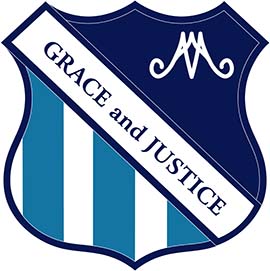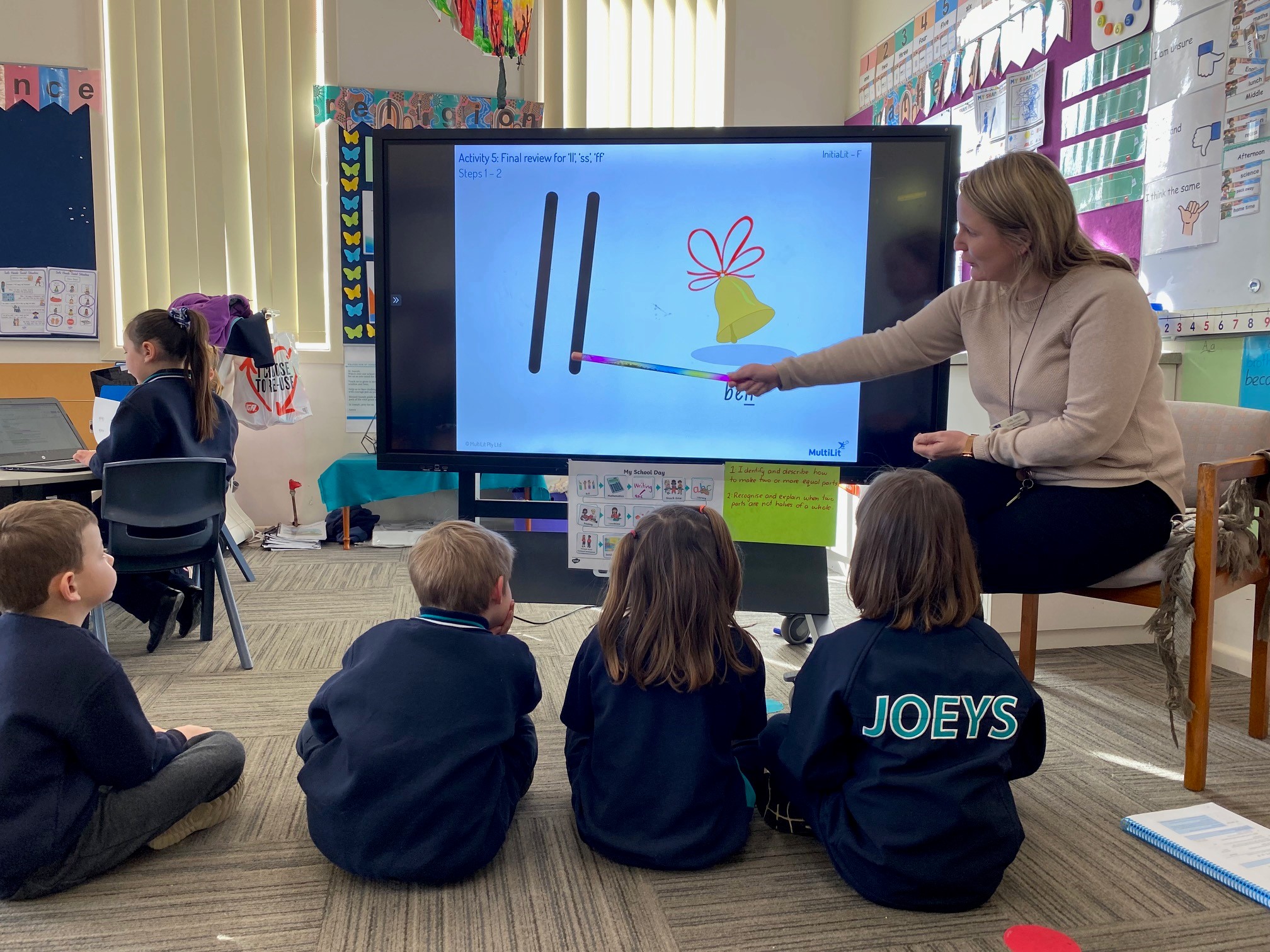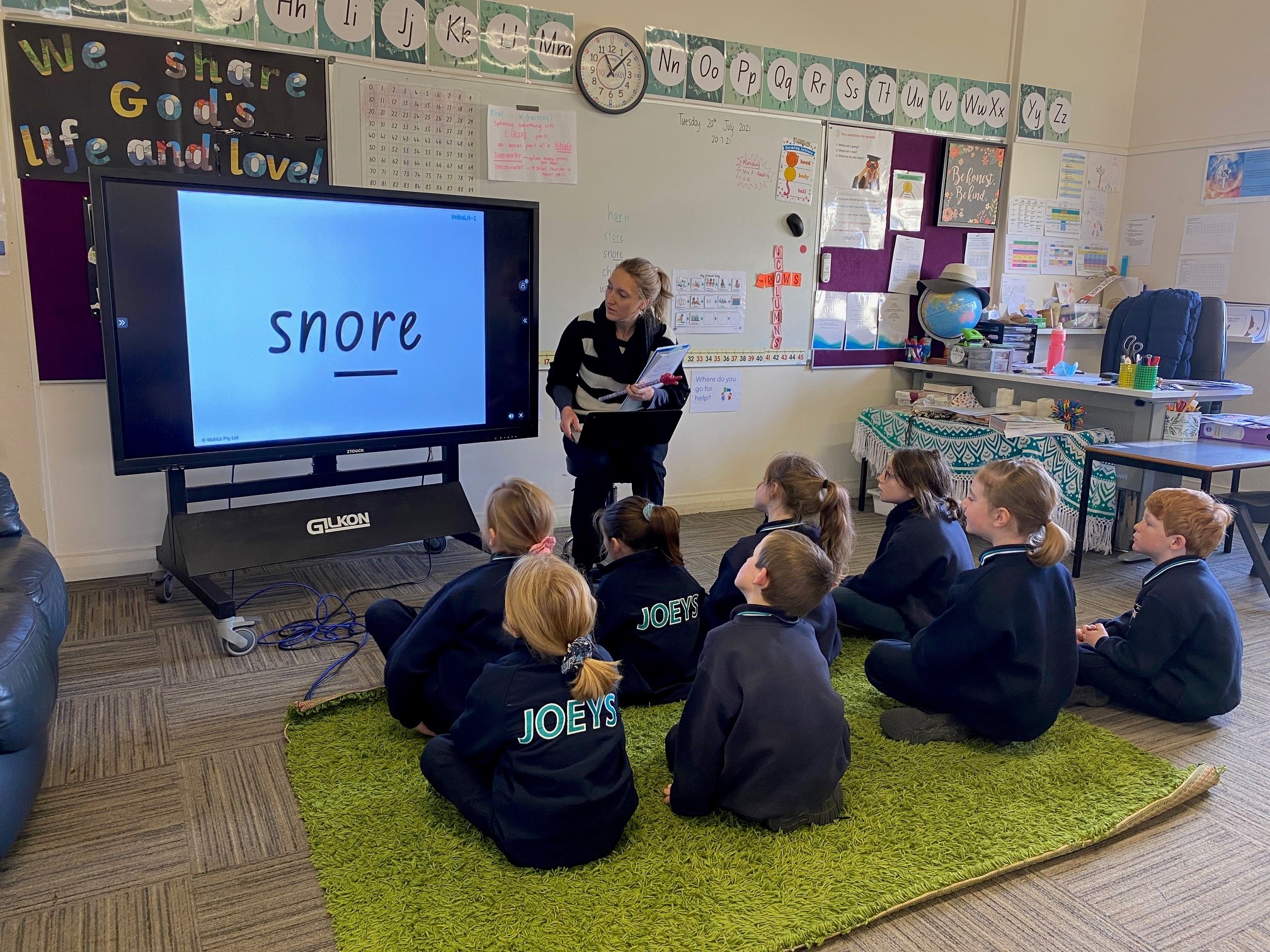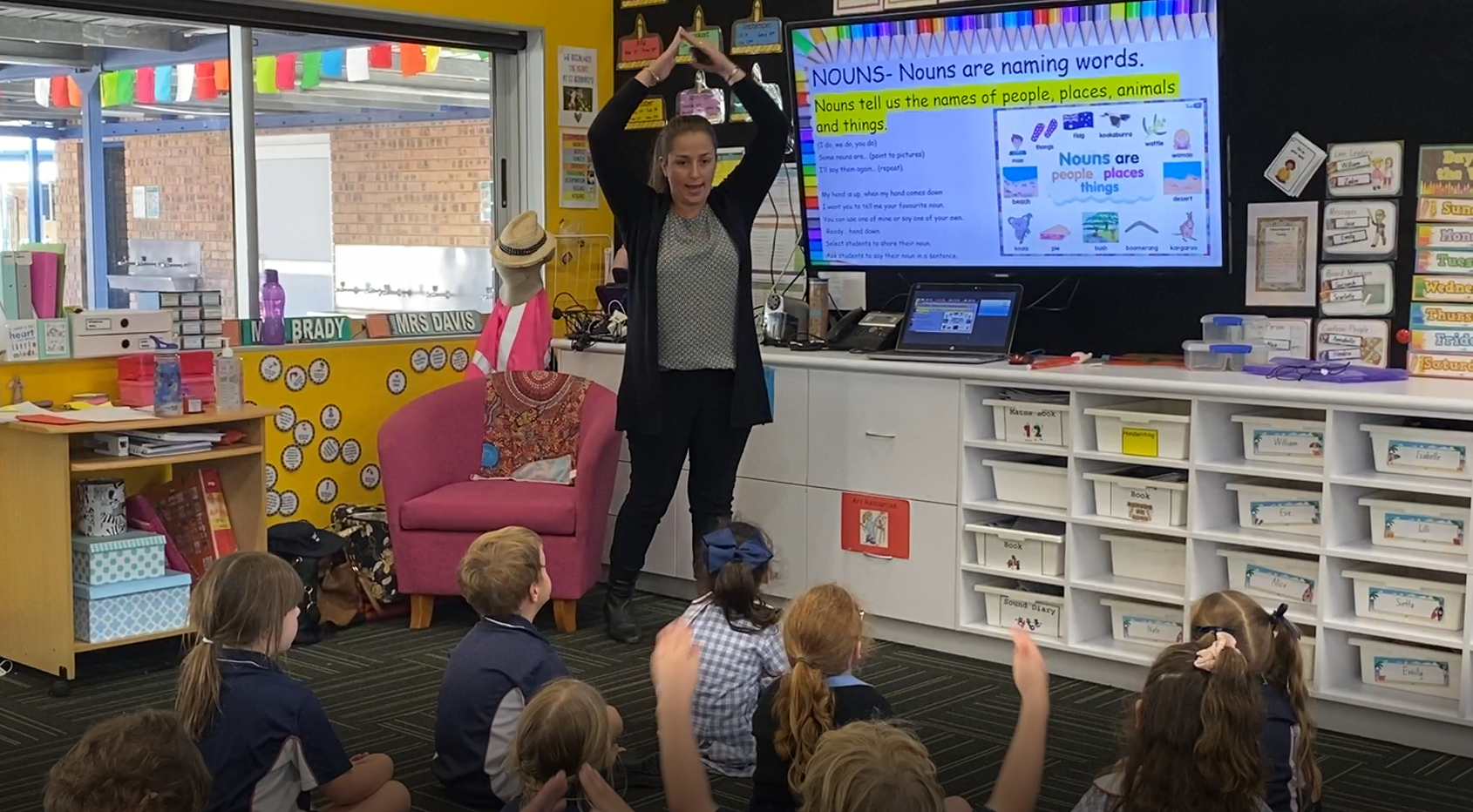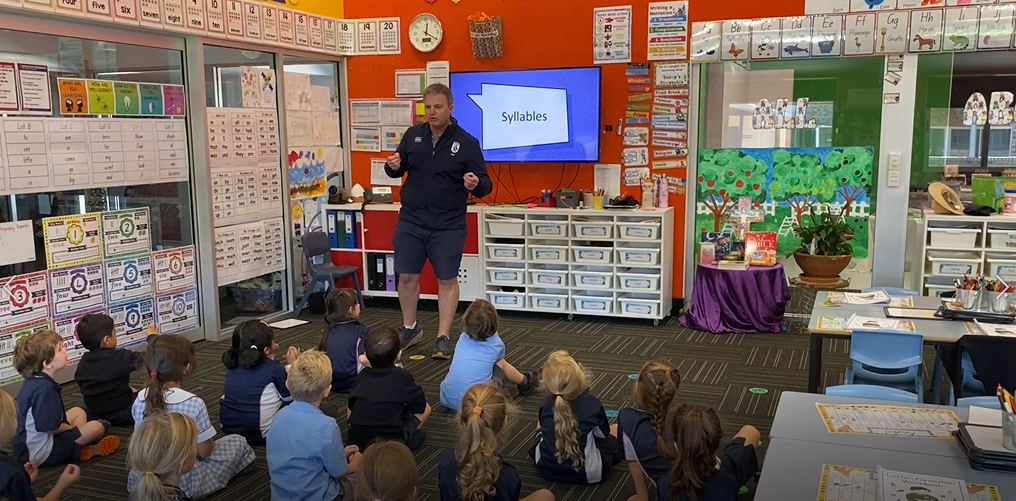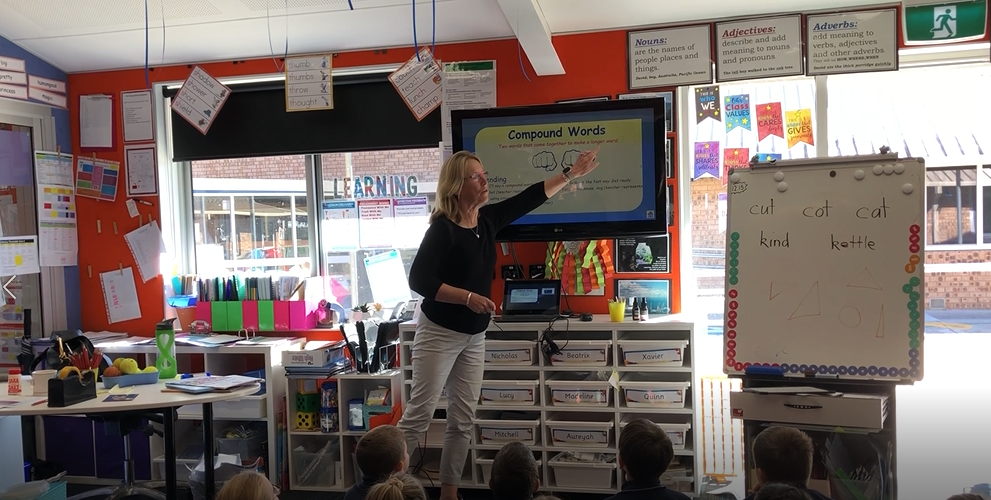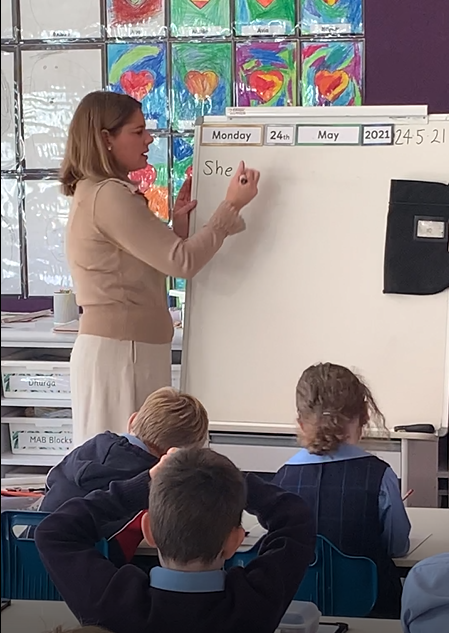Improving students’ writing skills through evidence-based instruction
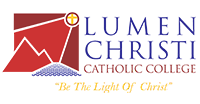
The Facilitator of Pedagogy at Lumen Christi College, Wendy Mockler is constantly pursuing evidence-based pedagogy to improve student outcomes. Supported by Catholic Education, Mrs Mockler became an early adopter of The Writing Revolution (TWR).
The Writing Revolution provides teachers with an evidence-based and proven instructional methodology, the Hochman Method, an explicit writing instruction program which aims to transform teaching instruction by enabling students to develop the literacy and critical thinking skills to engage in the classroom.
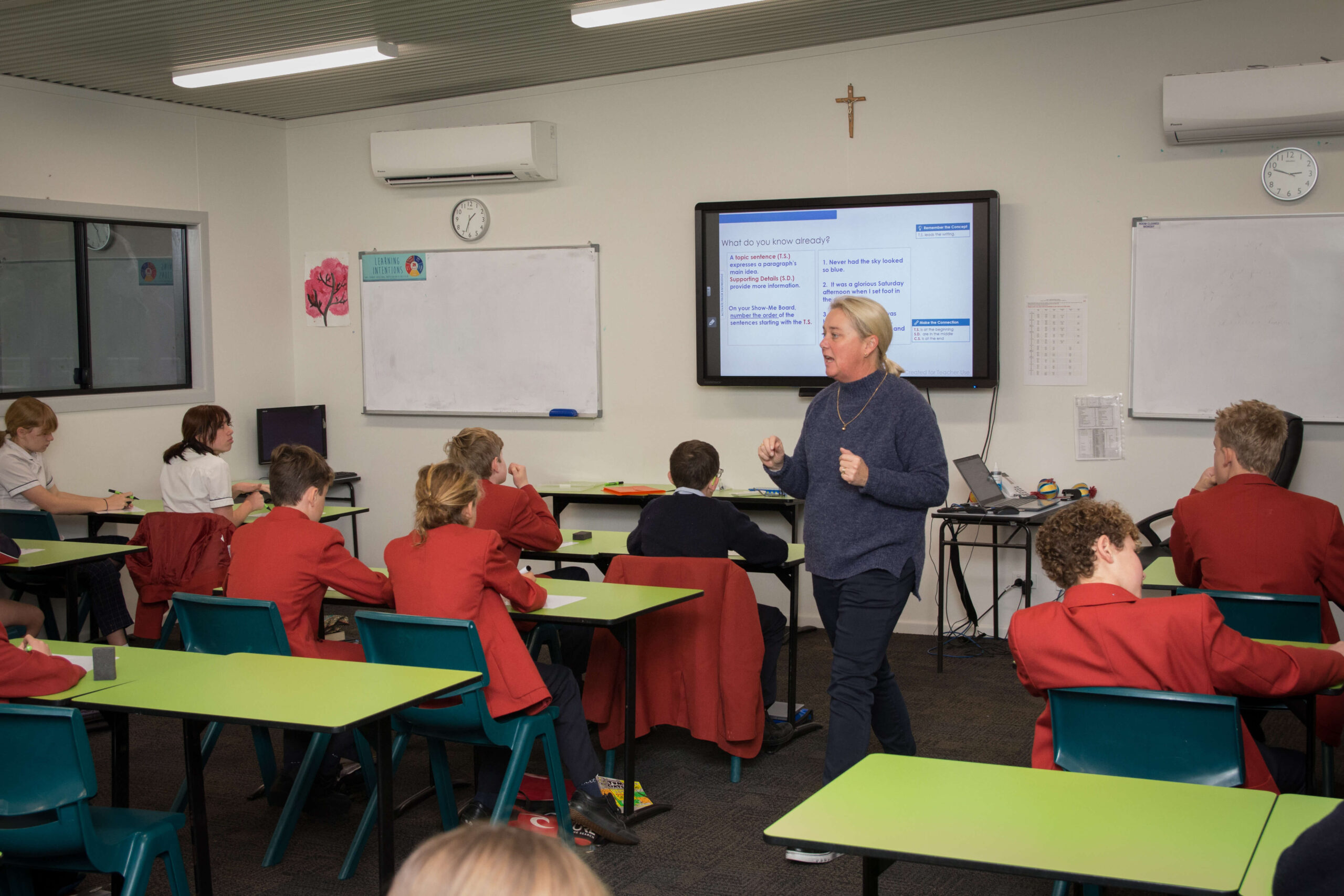
The TWR methodology and resources work across year groups and curriculum areas, which provides a whole school approach supporting targeted literacy interventions.
Since completing the training, Mrs Mockler has shared her new knowledge with her colleagues and formed an innovative working group at Lumen Christi to deliver TWR through the integrated humanities (iHUM) program for Year 7 students.
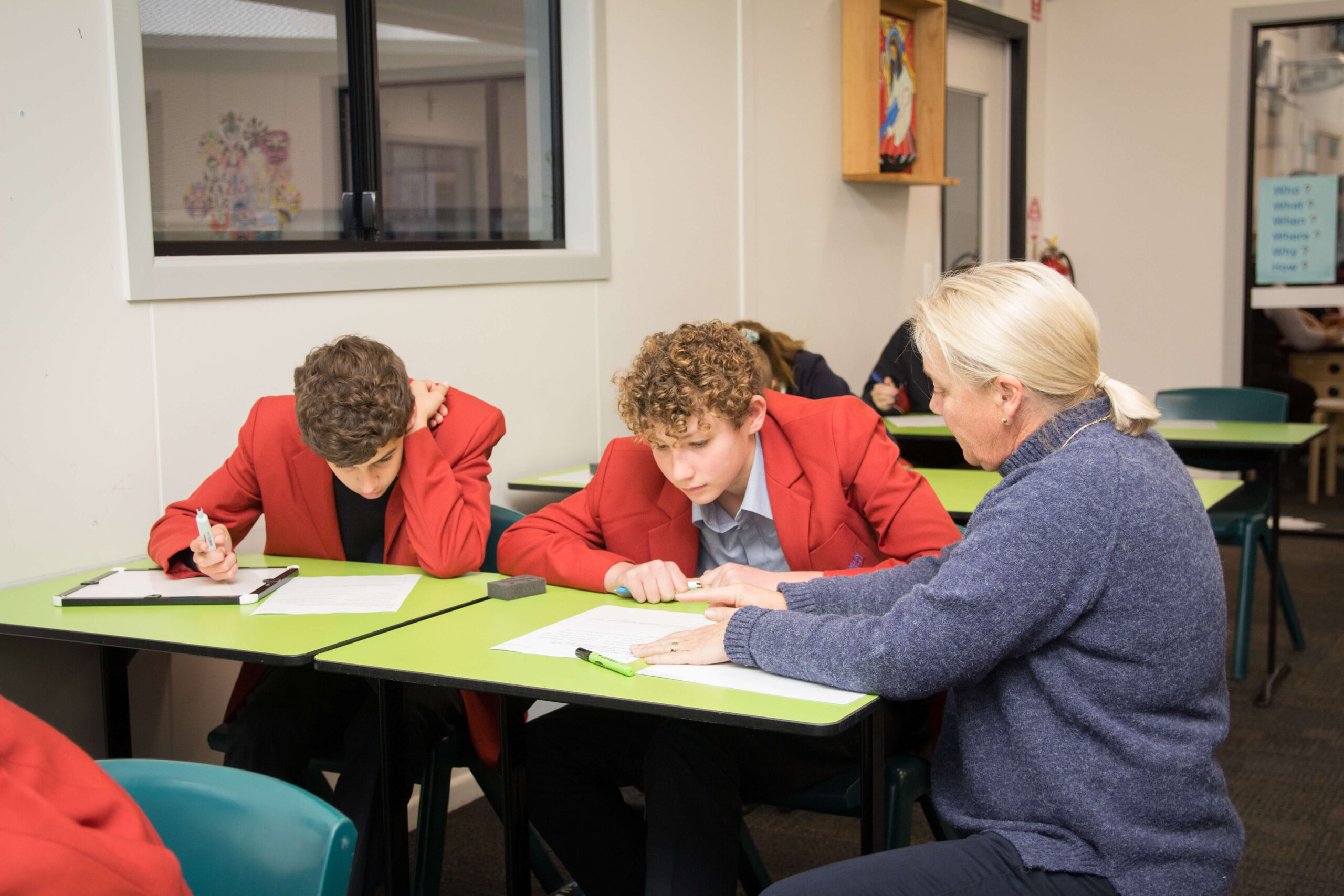
As a result of implementing TWR, new consistent engagement norms are being used in the classroom in a more coordinated and supported environment. Teachers report students are developing the skills to become competent readers and writers. Teachers and students have begun to use the “Show-me Boards” to check for understanding and provide immediate feedback.
“This way of teaching has helped our students by providing a framework for class discussion, it has also improved in their ability to explain their points, and their punctuation is improving.”
Mrs Mockler encourages schools who are thinking about implementing The Writing Revolution in their classes to take the time to plan out their implementation approach to ensure they are maximising impact for staff and students. Schools need to understand their data and apply evaluative thinking, applying reflective practices to help make good judgements on sound evidence.
“You don’t have to embark on this journey alone. You can pair up with someone who has done this before, or shares your ambition and work through it together. I would also encourage you to reach out and seek assistance where you need it.”
The approach to implement TWR at Lumen Christi was a phased one, where elements of the program were learnt, demonstrated and then practiced in the classroom. Adding more and more elements and resources as teachers became more confident with the program.
Mrs Mockler said some teachers were concerned their creativity could be impacted by using an explicit learning program, however now they have experienced the program, they have found plenty of opportunities to deliver creative and innovative lessons within the framework. The Writing Revolution program starts at the sentence level and builds student capacity to develop a comprehensive piece of writing.
Teachers are working together to determine the level of impact this program is having on student learning. On implementation of TWR, there have been noticeable improvements in the pedagogical practices of the teachers involved, including lesson planning, setting learning intentions, defining success criteria, and implementing new formative assessment strategies.
Lumen teachers have been amazed at the enthusiasm of some of their students who are noticing the impact this program is having on their learning. As more teachers come on board, that enthusiasm is likely to grow.
Find out more about The Writing Revolution (TWR).
To register your interest in the program, contact the Catalyst team.


